Harry Dunn: Anne Sacoolas charged with death by dangerous driving
Wife of US diplomat may be extradited to the UK to stand trial over crash that killed teenager
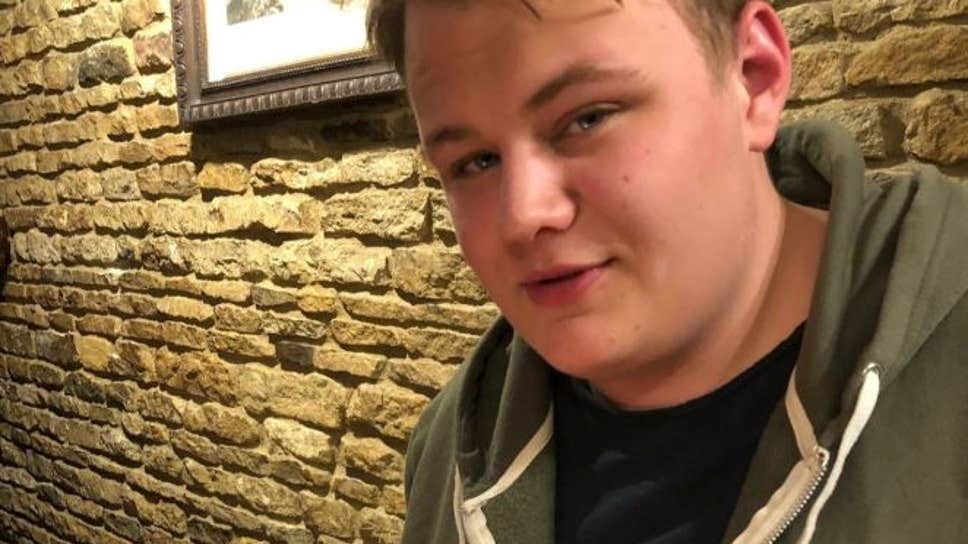
A free daily email with the biggest news stories of the day – and the best features from TheWeek.com
You are now subscribed
Your newsletter sign-up was successful
A US woman who sparked an international row by claiming diplomatic immunity after a car crash in which a British teenager died has been charged with causing death by dangerous driving.
Anne Sacoolas, the wife of an American diplomat, allegedly collided head-on with 19-year-old motorcyclist Harry Dunn while driving on the wrong side of the road in Northamptonshire in August.
Dunn suffered multiple injuries in the crash near the RAF Croughton base and later died in hospital.
The Week
Escape your echo chamber. Get the facts behind the news, plus analysis from multiple perspectives.

Sign up for The Week's Free Newsletters
From our morning news briefing to a weekly Good News Newsletter, get the best of The Week delivered directly to your inbox.
From our morning news briefing to a weekly Good News Newsletter, get the best of The Week delivered directly to your inbox.
Sacoolas left the UK despite telling police that she had no such plans. Dunn’s mother, Charlotte Charles, condemned her decision to flee as “a dishonourable thing to do”.
Charles and Harry’s father Tim Dunn were informed that Sacoolas had been charged during a meeting today at the Crown Prosecution Service headquarters in Westminster, central London. The Daily Mail reports that the pair “broke down” after officials gave them the news.
–––––––––––––––––––––––––––––––For a round-up of the most important stories from around the world - and a concise, refreshing and balanced take on the week’s news agenda - try The Week magazine. Get your first six issues free–––––––––––––––––––––––––––––––
What happened?
A free daily email with the biggest news stories of the day – and the best features from TheWeek.com
Dunn was killed on 27 August when his motorbike collided with a car near RAF Croughton in Northamptonshire, which is currently being used as a US intelligence base.
Sacoolas, 42, who had arrived in the UK only three weeks previously, had her 12-year-old son with her at the time. After the crash, she allegedly got out of the car and admitted liability, says the Telegraph.
The US State Department said that the incident involved “a vehicle driven by the spouse of a US diplomat assigned to the United Kingdom”.
Despite telling police she wouldn’t leave the country, Sacoolas returned to the US with her family.
What is diplomatic immunity?
Under the 1961 Vienna Convention, certain foreign officials and their family members are immune from prosecution in the country that is hosting them, says the BBC.
The principle is enshrined in British law under the 1964 Diplomatic Privileges Act.
If a foreign official has diplomatic immunity, they can avoid a police investigation or prosecution if they commit a crime, and they don’t have to defend themselves in civil suits. The privilege can also be extended to family members of diplomats, says Sky News.
The country that sends the diplomat confers the right to immunity on their officials, and immunity can be waived by that country, as was requested of the US in the case of Sacoolas.
The Foreign Office later cast doubt on Sacoolas’ right to claim immunity, saying her husband was not a registered diplomat in a recognised role.
The UK’s Crown Prosecution Service says that “immunity is dependent on rank, and ranges from immunity from criminal and civil and administrative jurisdiction to immunity for official acts only”.
The seniority and sensitivity of a diplomat’s role usually determines how likely it is that their country will assert their right to immunity.
Is it time for a rethink?
As foreign secretary, Boris Johnson told Parliament in 2016 that foreign officials had claimed diplomatic immunity to avoid prosecution for offences such as child pornography and human trafficking.
Ben Emmerson, a London-based diplomatic immunity lawyer, told Sky News that “[UK] courts have upheld diplomatic or the equivalent immunities even for acts as great as torture”.
And as things stand, “there is no power in any court in this country or anywhere in the world that can go behind a claim for diplomatic immunity and ask whether it was legitimate, proportionate or fair. The whole inquiry is prohibited from the outset,” says Emmerson.
However, the Crown Prosecution Service (CPS) has now announced that it has authorised Northamptonshire Police to charge Sacoolas, and prosecutors have begun extradition proceedings.
But as The Telegraph reports, there is “no guarantee the US authorities will agree to the process”.
Chief Crown Prosecutor Janine Smith, said: “Following the death of Harry Dunn in Northamptonshire, the Crown Prosecution Service has today authorised Northamptonshire Police to charge Anne with causing death by dangerous driving.
“The Director of Public Prosecutions has met with Harry Dunn’s family to explain the basis of the decision we have made following a thorough review of the evidence available.”
Edward Grange, Partner at criminal law firm Corker Binning, added that because Sacoolas has been “charged with an offence punishable by more than 12 months imprisonment, it would be open for her extradition to be sought through diplomatic channel”.
"However, before taking such a step, Ms Sacoolas may be given an opportunity to voluntarily attend a hearing in the UK - a failure to attend would result in the issuance of a domestic arrest warrant from which her extradition could then be sought,” he added.
The offence of causing death by dangerous driving carries a maximum 14-year prison sentence.
-
 How the FCC’s ‘equal time’ rule works
How the FCC’s ‘equal time’ rule worksIn the Spotlight The law is at the heart of the Colbert-CBS conflict
-
 What is the endgame in the DHS shutdown?
What is the endgame in the DHS shutdown?Today’s Big Question Democrats want to rein in ICE’s immigration crackdown
-
 ‘Poor time management isn’t just an inconvenience’
‘Poor time management isn’t just an inconvenience’Instant Opinion Opinion, comment and editorials of the day
-
 Why have homicide rates reportedly plummeted in the last year?
Why have homicide rates reportedly plummeted in the last year?Today’s Big Question There could be more to the story than politics
-
 How the ‘British FBI’ will work
How the ‘British FBI’ will workThe Explainer New National Police Service to focus on fighting terrorism, fraud and organised crime, freeing up local forces to tackle everyday offences
-
 ‘Stakeknife’: MI5’s man inside the IRA
‘Stakeknife’: MI5’s man inside the IRAThe Explainer Freddie Scappaticci, implicated in 14 murders and 15 abductions during the Troubles, ‘probably cost more lives than he saved’, investigation claims
-
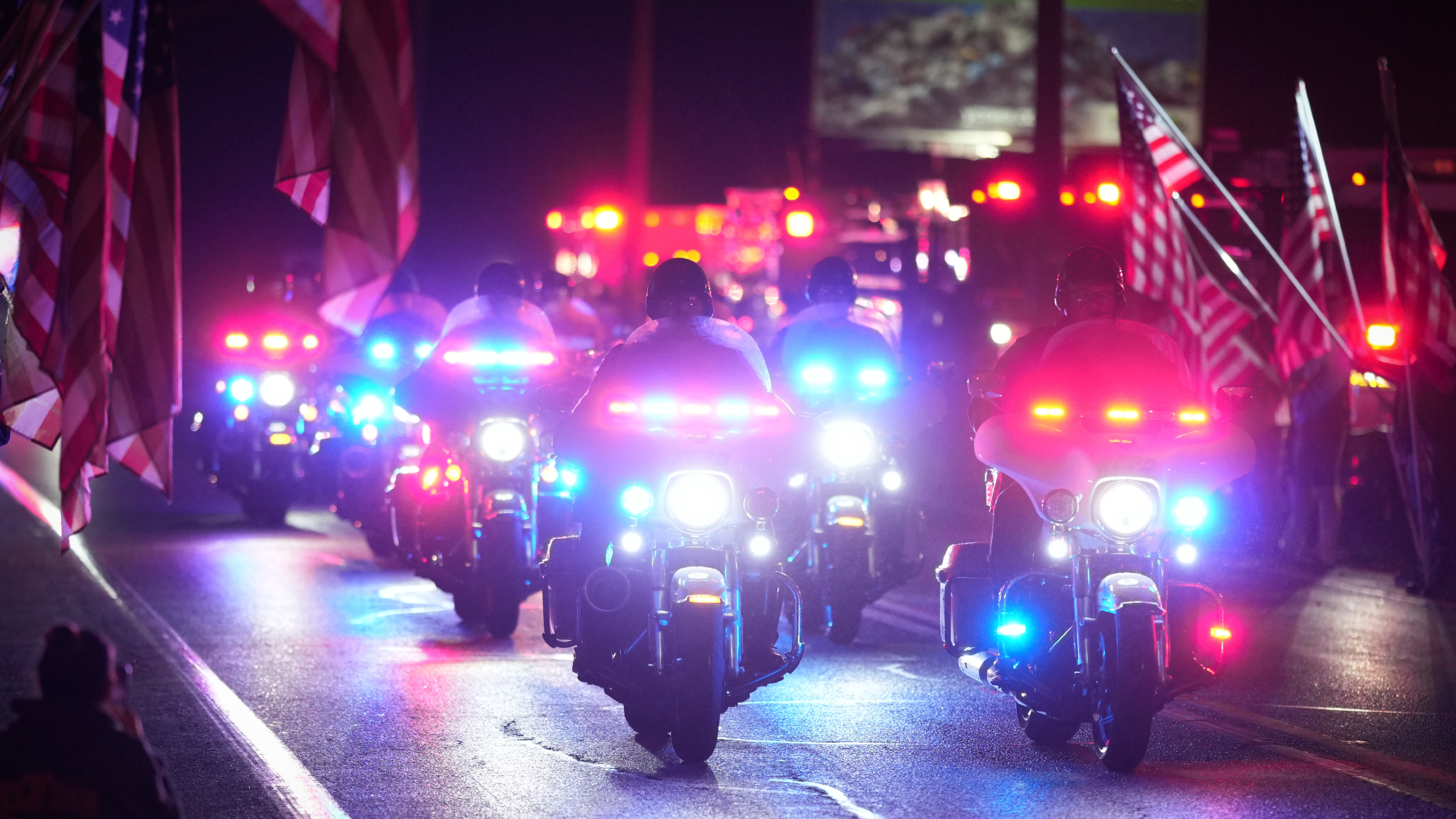 3 officers killed in Pennsylvania shooting
3 officers killed in Pennsylvania shootingSpeed Read Police did not share the identities of the officers or the slain suspect, nor the motive or the focus of the still-active investigation
-
 Dash: the UK's 'flawed' domestic violence tool
Dash: the UK's 'flawed' domestic violence toolThe Explainer Risk-assessment checklist relied on by police and social services deemed unfit for frontline use
-
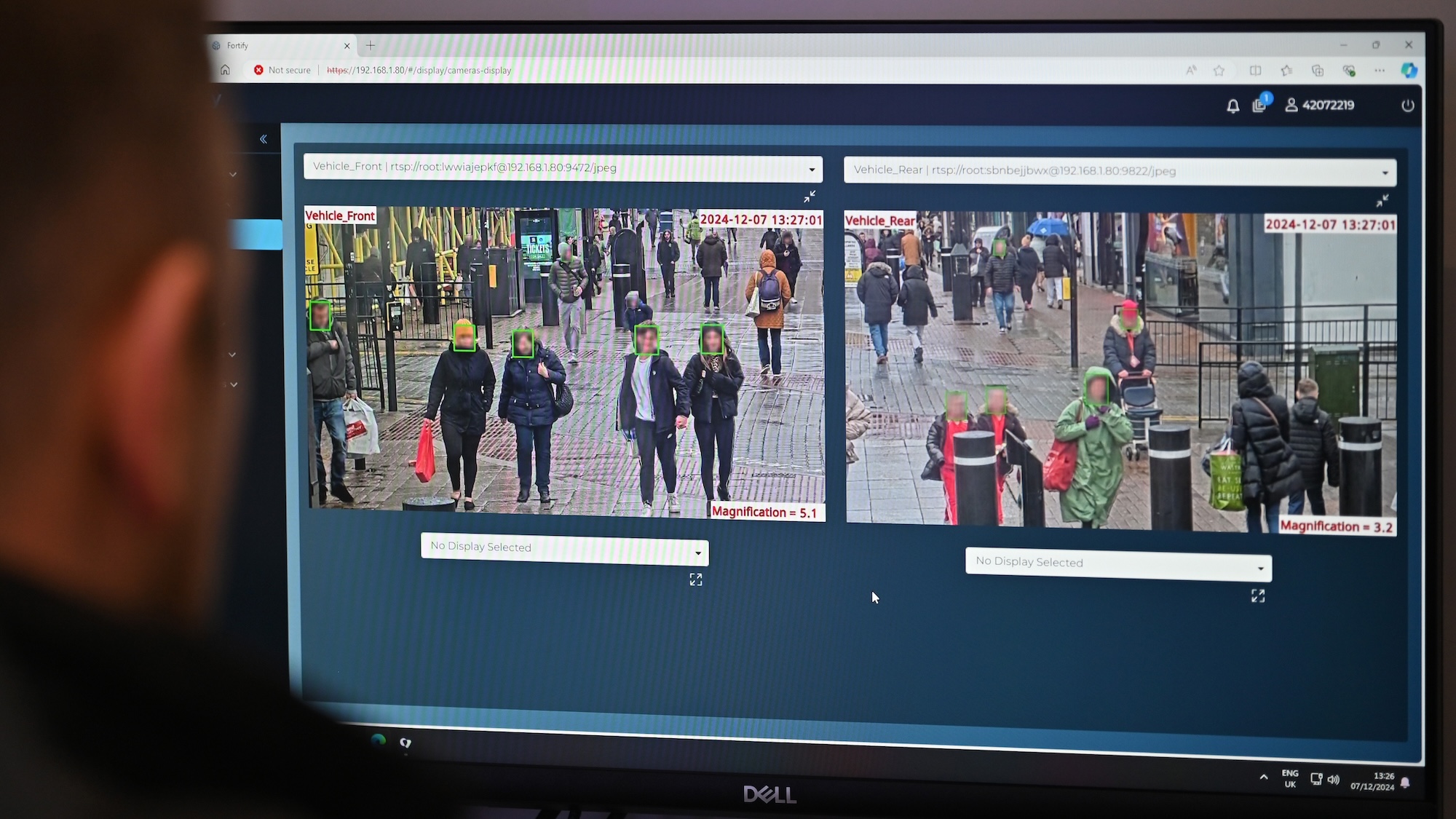 The ethics behind facial recognition vans and policing
The ethics behind facial recognition vans and policingThe Explainer The government is rolling out more live facial recognition technology across England
-
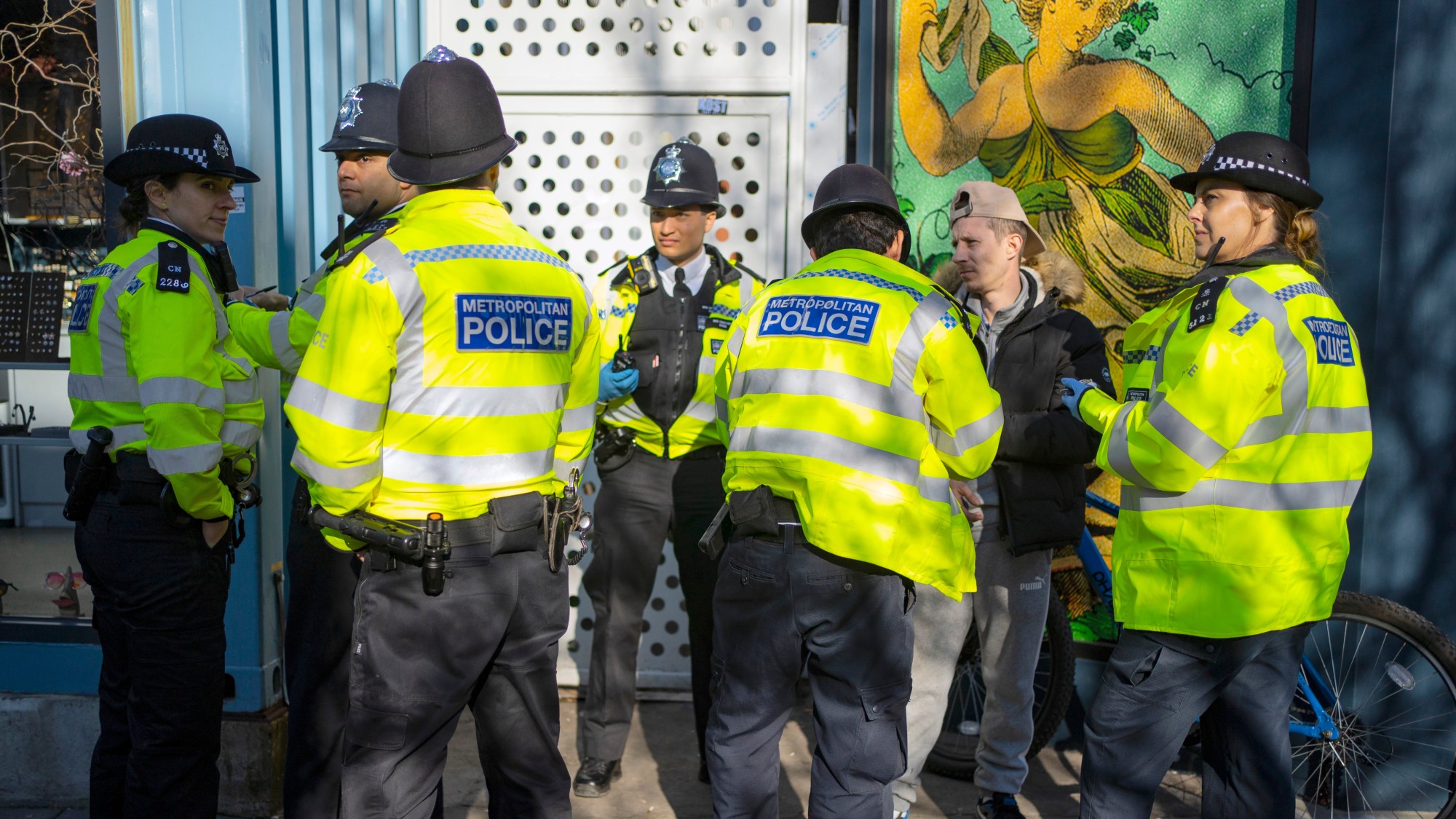 The Met police's stop and search overhaul
The Met police's stop and search overhaulThe Explainer More than 8,500 Londoners have helped put together a new charter for the controversial practice
-
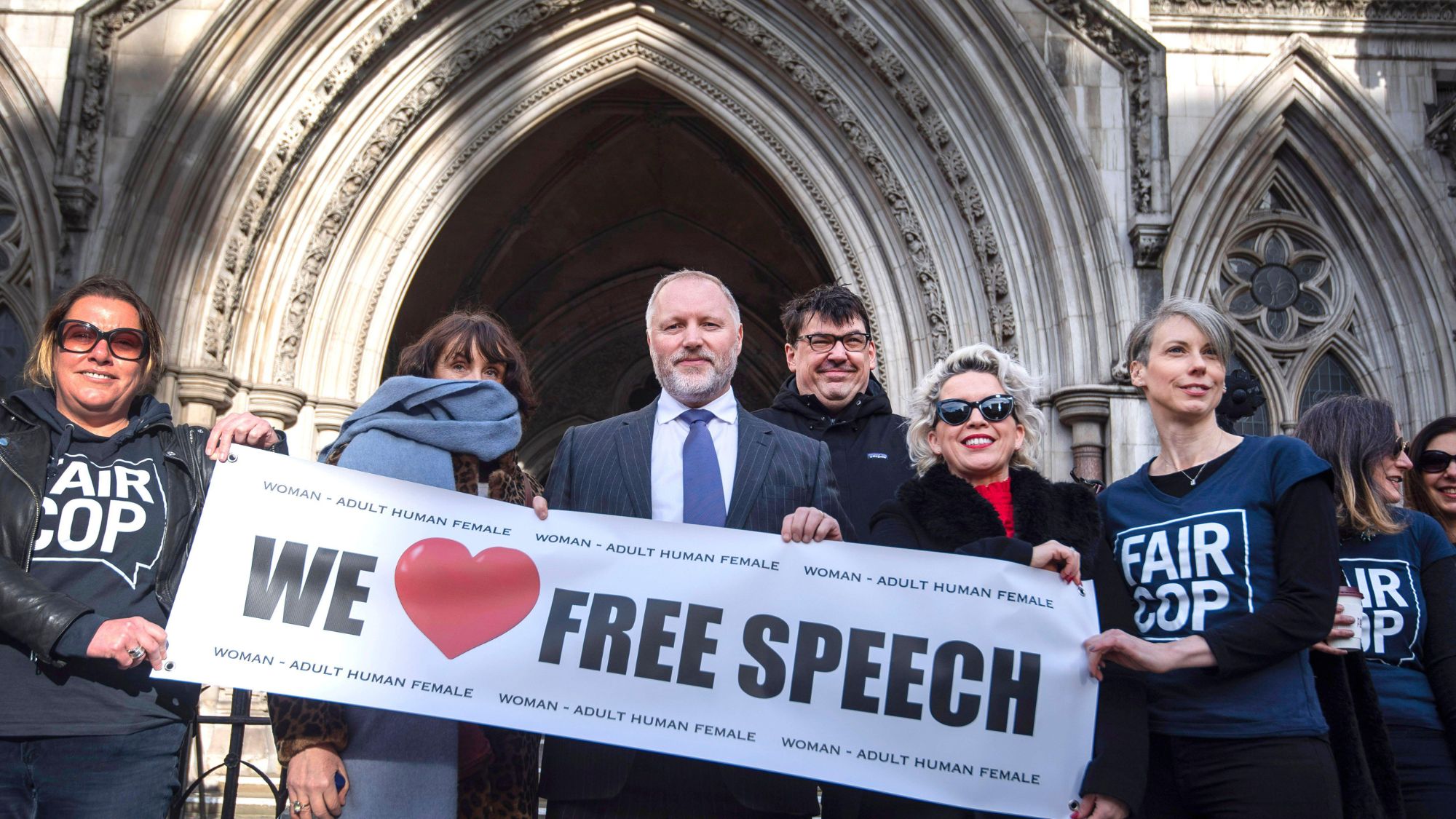 NCHIs: the controversy over non-crime hate incidents
NCHIs: the controversy over non-crime hate incidentsThe Explainer Is the policing of non-crime hate incidents an Orwellian outrage or an essential tool of modern law enforcement?